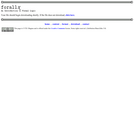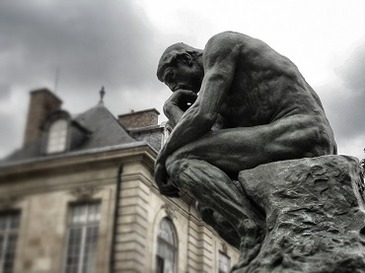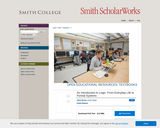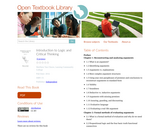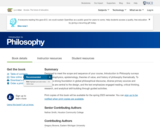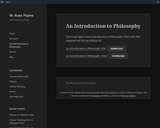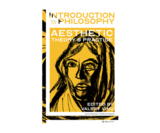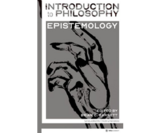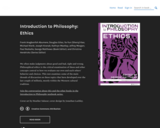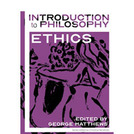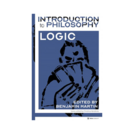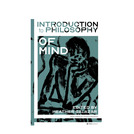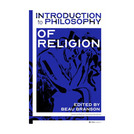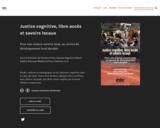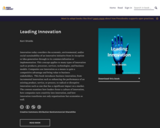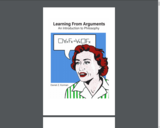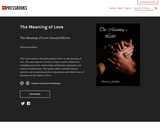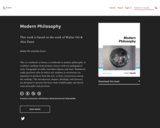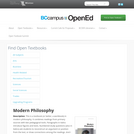Short Description:
Introduction to Philosophy: Epistemology engages first-time philosophy readers on a guided tour through the core concepts, questions, methods, arguments, and theories of epistemology—the branch of philosophy devoted to the study of knowledge. The book progresses systematically while placing key ideas and thinkers in historical and contemporary context. Central topics include the analysis of knowledge, the nature of epistemic justification, rationalism vs. empiricism, skepticism, the value of knowledge, the ethics of belief, Bayesian epistemology, social epistemology, and feminist epistemologies. Cover art by Heather Salazar; cover design by Jonathan Lashley. Join the conversation about this and the other books in the Introduction to Philosophy textbook series.
Long Description:
Introduction to Philosophy: Epistemology engages first-time philosophy readers on a guided tour through the core concepts, questions, methods, arguments, and theories of epistemology—the branch of philosophy devoted to the study of knowledge. After a brief overview of the field, the book progresses systematically while placing central ideas and thinkers in historical and contemporary context.
The chapters cover the analysis of knowledge, the nature of epistemic justification, rationalism vs. empiricism, skepticism, the value of knowledge, the ethics of belief, Bayesian epistemology, social epistemology, and feminist epistemologies. Along the way, instructors and students will encounter a wealth of additional resources and tools: Chapter learning outcomes Key terms Images of philosophers and related art Useful diagrams and tables Boxes containing excerpts and other supplementary material Questions for reflection Suggestions for further reading A glossary
For an undergraduate survey epistemology course, Introduction to Philosophy: Epistemology is ideal when used as a main text paired with primary sources and scholarly articles. For an introductory philosophy course, select book chapters are best used in combination with chapters from other books in the Introduction to Philosophy series.
Word Count: 64081
ISBN: 978-1-989014-25-7
(Note: This resource's metadata has been created automatically by reformatting and/or combining the information that the author initially provided as part of a bulk import process.)
